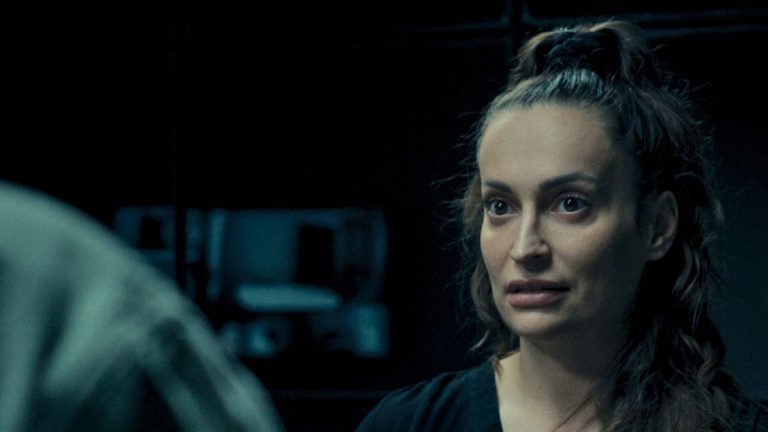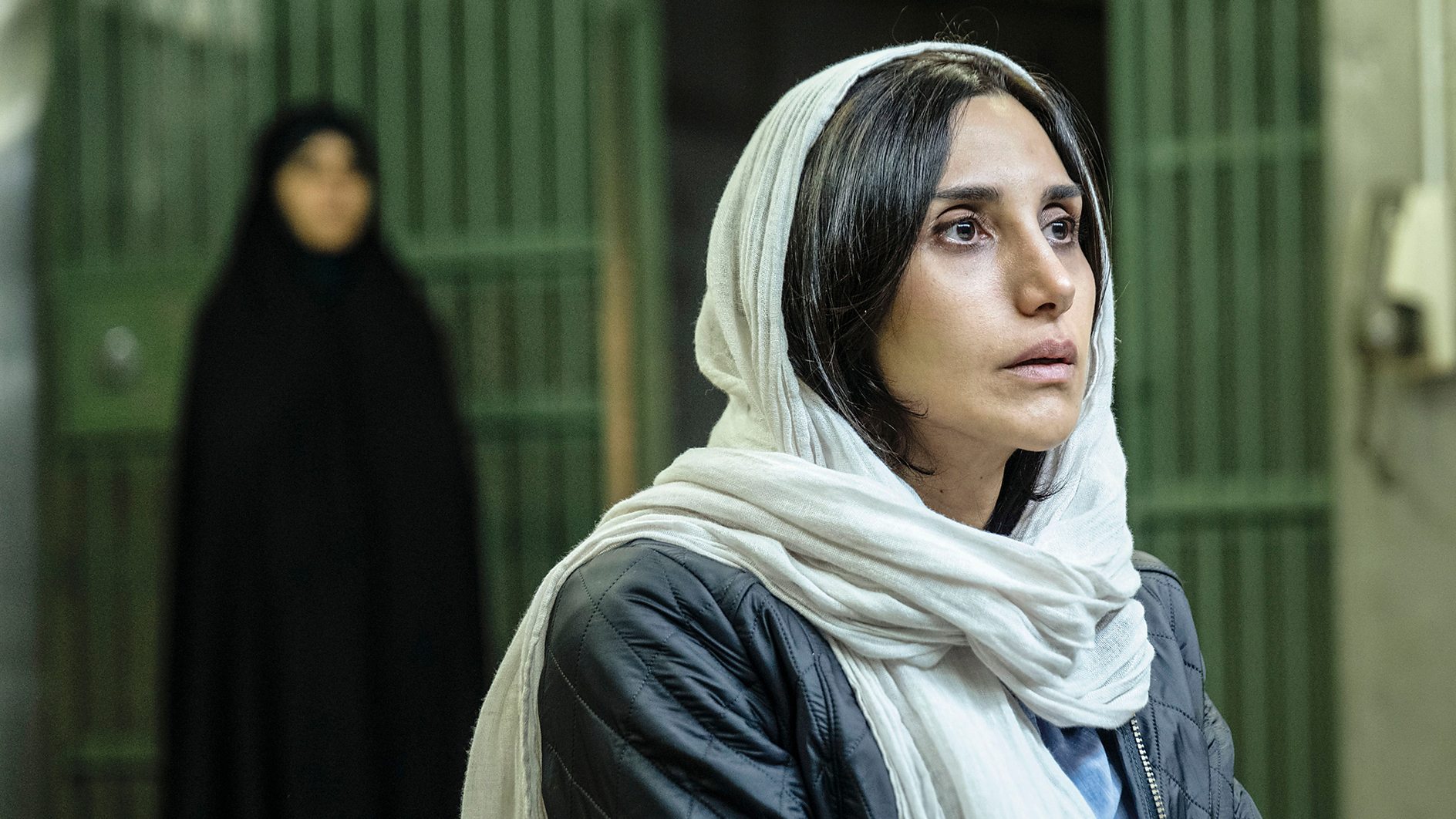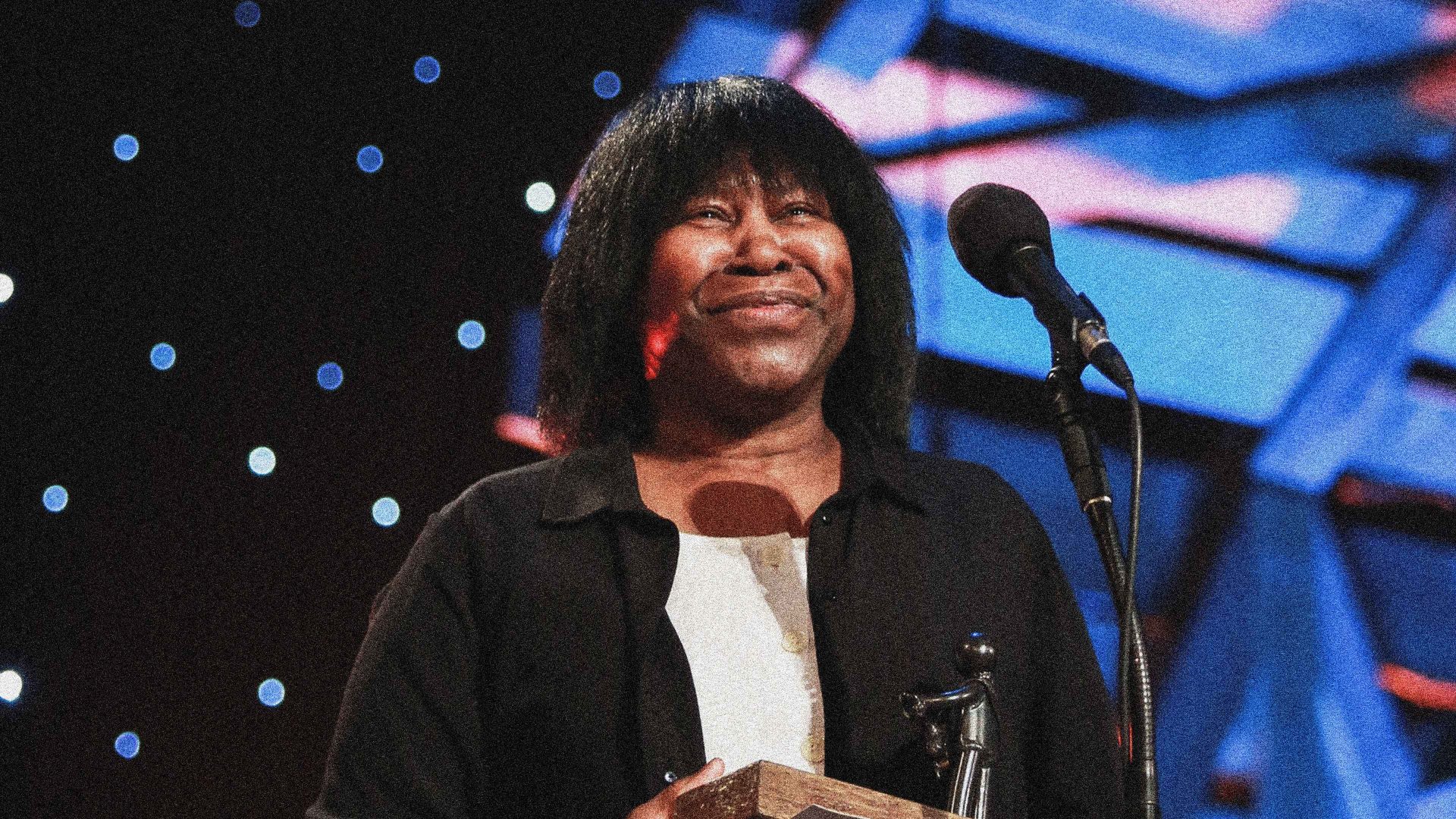Compulsive TV is often described as ‘bingeworthy’. Don’t binge Prisoner 951. It is too good, and too harrowing, for that. Give yourself at least a couple of days between each of the four 65-minute episodes.
After all, we know how this story ends. Nazanin Zaghari-Ratcliffe was freed in 2022, after spending almost six years in various forms of detention. How does a woman imprisoned on false pretences try to believe that she will eventually see her daughter and husband again?
Linger instead on how screenwriter Stephen Butchard shows the cruelty of the Iranian state apparatus, the elaborate imitation of due process and the Kafkaesque ways in which hope is given and then taken away. Then watch how the British government – and the Foreign Office in particular – obfuscates to protect its interests.
Over and over again Nazanin’s husband, movingly played by Joseph Fiennes, is urged to be patient and to avoid making a fuss or talking to the media. At one point he asks his parents whether he can trust the British state any more than he can trust Iran. Boris Johnson’s intervention does nothing to ease his doubts.
Actors playing Johnson have failed to pull it off convincingly – probably because his public persona is itself a fiction – and sensibly, Prisoner 951 does not try to. We hear about a meeting in which the then-foreign secretary has made positive noises, and Richard Ratcliffe wants to believe him. Then we and Nazanin see footage of him blustering in the Commons the year after her abduction, claiming that she had been training journalists in Iran.
As so often with Johnson, it was completely untrue. The ‘words I used were open to being misinterpreted’, he later told Parliament. The Iranian regime seized upon them to lay further charges against her. Tulip Siddiq, who attended a meeting between Nazanin and Johnson after her release, said he “looked quite shocked” when he was told about the impact his ‘mistake’ had.
The problem for Britain, which the family discovered early on but which has never been fully acknowledged by the government, was that Nazanin was not a political prisoner but a hostage. The fact she had a small daughter and a British husband was no unfortunate coincidence; it was leverage. Iran knew her family would make it harder for Britain to ignore her case.
Although false charges of spying and treason were laid against her, the real purpose of her imprisonment was to persuade the UK to cough up £400m in debt for tanks we promised to Iran in the 1970s but failed to supply. (They went to Saddam Hussein instead, in an era when we were backing the Iraqi dictator rather than scratching around for evidence of his WMDs).
Suggested Reading


Could Britain handle its own Black Swan documentary?
This meant that the Foreign Office was evasive and dealt in half-truths. “There are things I can’t discuss,” ministers say as they look away, “but we are raising Nazanin’s case with the authorities in Tehran …”
We never learn why the government eventually decided to pay up after stalling for so many years. Liz Truss’s statement celebrating Nazanin’s release put it down to “tenacious and creative British diplomacy”, noting, “in parallel, we have also settled the IMS debt, as we said we would.”
But the cruelty of tenacious British diplomacy would not have been enough to sustain the series. What makes it impossible to look away from Prisoner 951 is the cast.
Narges Rashidi, an Iranian-born, German-American actress who is virtually unknown in the UK, is magnetic as Nazanin; her composure is every bit as affecting as her descent into fury and despair. Kavé Niku, another actor from Iran who now lives in London, has relatively little to say or do as her brother, but gives a tender and moving performance. This should be his breakthrough role.
When Nazanin is moved from solitary confinement to a more relaxed prison, where the women cook their own meals and are allowed to sing, dance and read together, the relief is intense. The warmth and strength of the community almost strains credulity.
Yet we still feel Nazanin’s pain at being apart from her daughter and husband. Their occasional acts of vindictiveness remind us what Iran has done to these women. It is in the pointless ways the regime expresses its power – confiscating a wedding ring, blindfolding prisoners whenever they leave prison for interrogation – that we understand how authoritarianism humiliates its people.
For Britain, too, diplomacy means turning away from individual suffering. Nazanin asks the British embassy to send a representative to her ‘trial’, but no one turns up.
Prisoner 951 is a long haul. It is exhausting. But no drama that conveyed Nazanin Zaghari-Ratcliffe’s ordeal could be otherwise. You will not grow tired of watching Rashidi as she tries to believe what we know – that she will eventually return to London to be with her daughter.
Director Philippa Lowthorpe gets their reunion just right: it is over in a minute or two, but it will be one of the most moving moments you see on TV this year.
All four episodes of Prisoner 951 are on BBC iPlayer




